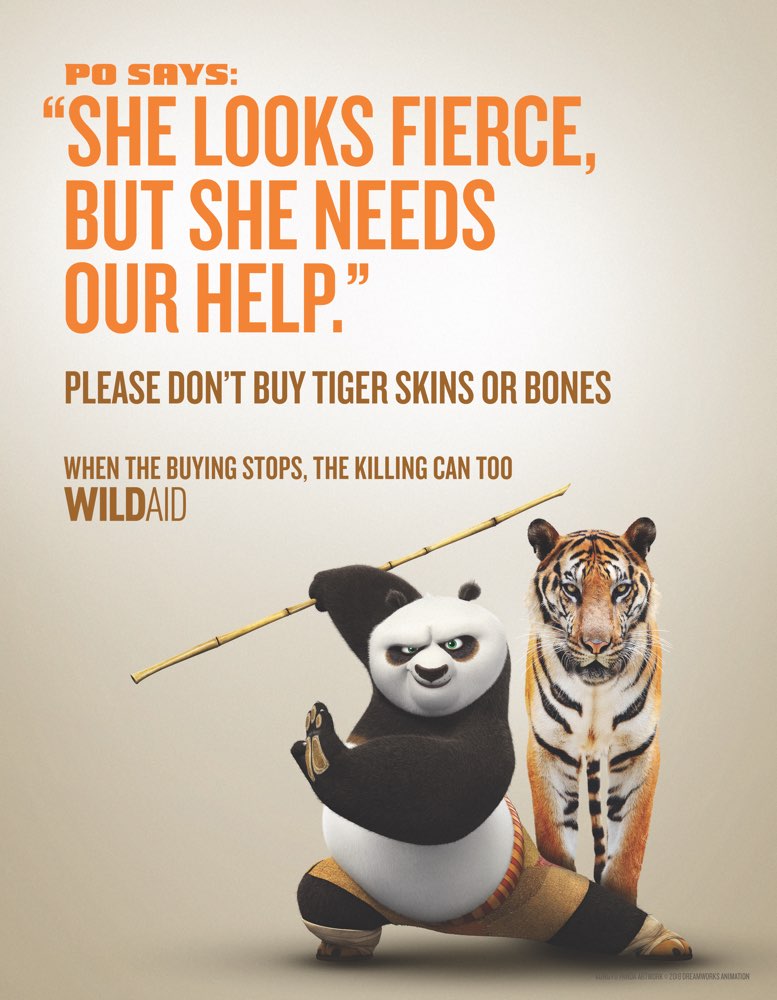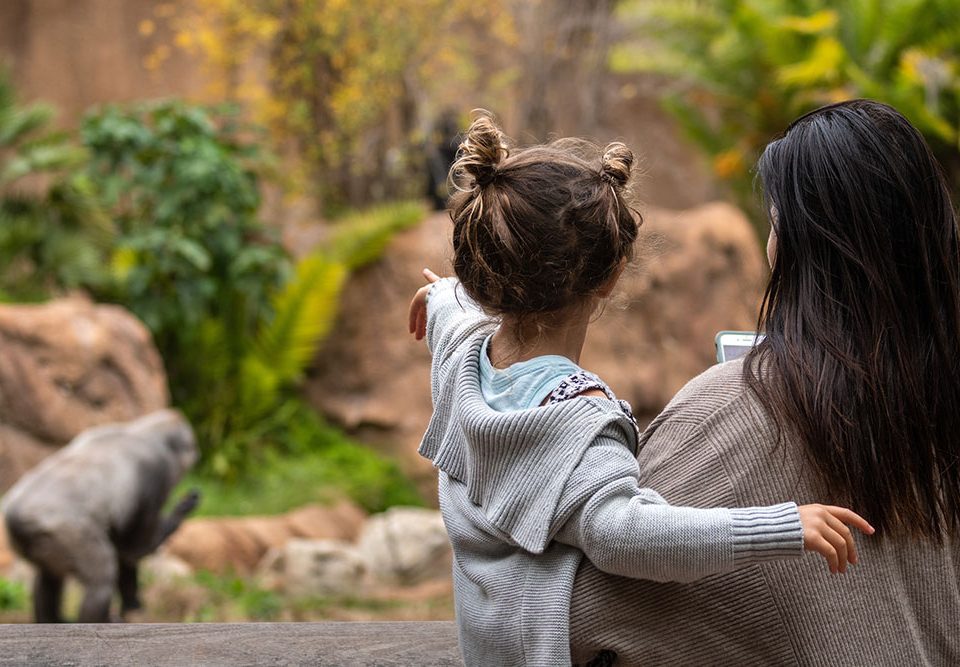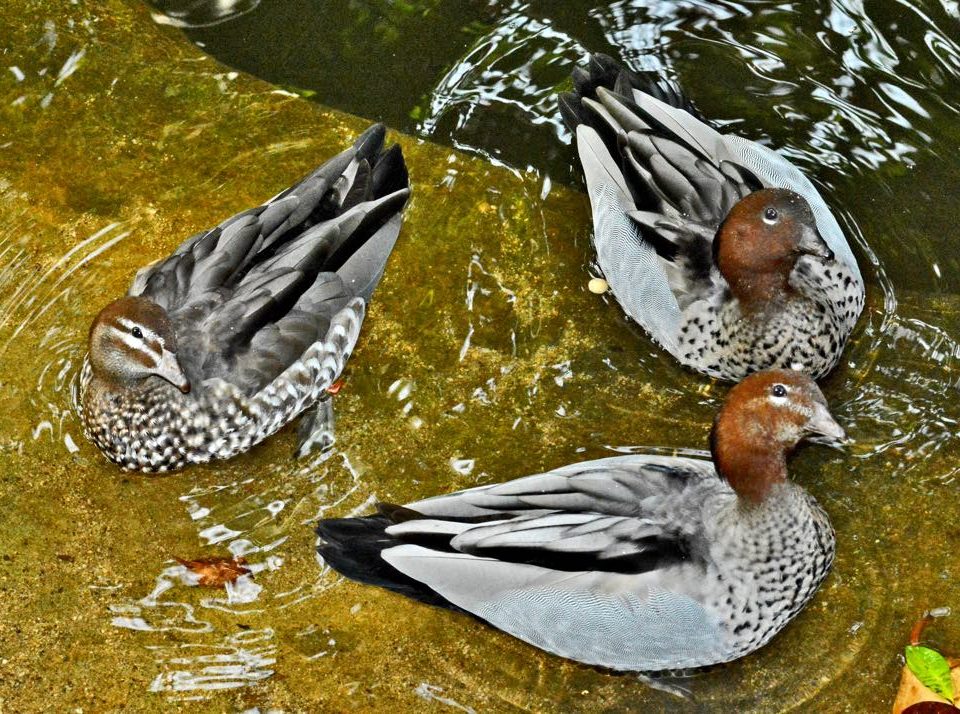Stopping Traffic

New in the Zoo
February 5, 2019
Zoo Update with Connie Morgan
February 5, 2019
The illegal trade in wildlife ranks alongside narcotics, weapons, and human trafficking in terms of illicit profit. Where poaching was once generally perpetrated by individuals on a local scale, it has escalated into a global problem with wide-ranging effects.
According to a report by the United Nations and Interpol, illegal wildlife commerce worth up to $213 billion a year is funding organized crime, including global terror groups. The ivory trade alone feeds some $400 million a year to militias in east, central, and west Africa, and annual revenue of up to $100 billion in illegal logging trickles into the pockets of mafia, Islamist extremists, and rebel movements. Somalia’s Al-Qaeda-linked terror group al-Shabaab now relies on charcoal (produced by burning illegally obtained timber) as a primary source of finance. (In Africa alone, criminals are reaping three times the value of the continent’s drug trade from charcoal/illegal logging—up to $9 billion.)
“Poaching steals from us all.”
WildAid and the Association of Zoos and Aquariums (AZA)/Wildlife Trafficking Alliance (WTA) are joining forces at zoos and aquariums across the US to educate children and families about illegal wildlife trade. In a series of video messages and billboards, Po the Kung Fu Panda asserts “poaching steals from us all” in an effort to call attention to the devastating impact of the illegal wildlife trade crisis. Produced by DreamWorks Animation and WildAid, the messages feature elephants that are poached for their ivory, rhinos for their horns, lions and tigers for their bones and skins, and pangolins for their scales and meat.
“Wildlife trafficking is one of the most underestimated and least known about issues facing many species today,” comments L.A. Zoo General Curator Beth Schaefer. “The trade funds weapons, conflict, and terrorist activity so it reaches far beyond the animals and plants directly affected. It is heartening to see a spotlight shining on this issue and to have the AZA lend its collective reach to the effort of stopping this devastating trade.”
In the coming months, be on the lookout for Wild Aid messaging, particularly social media posts, which you can help boost by liking and sharing.




